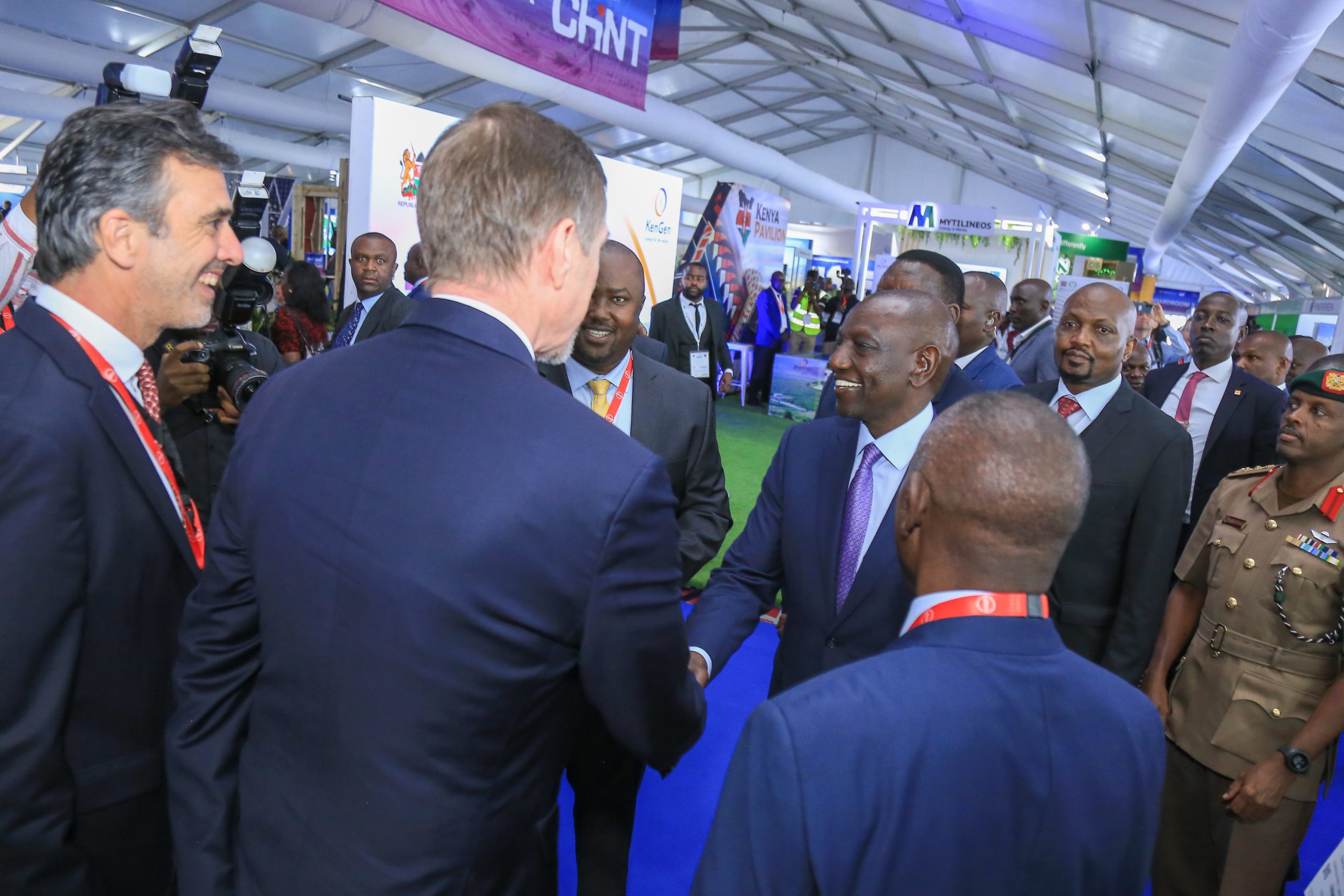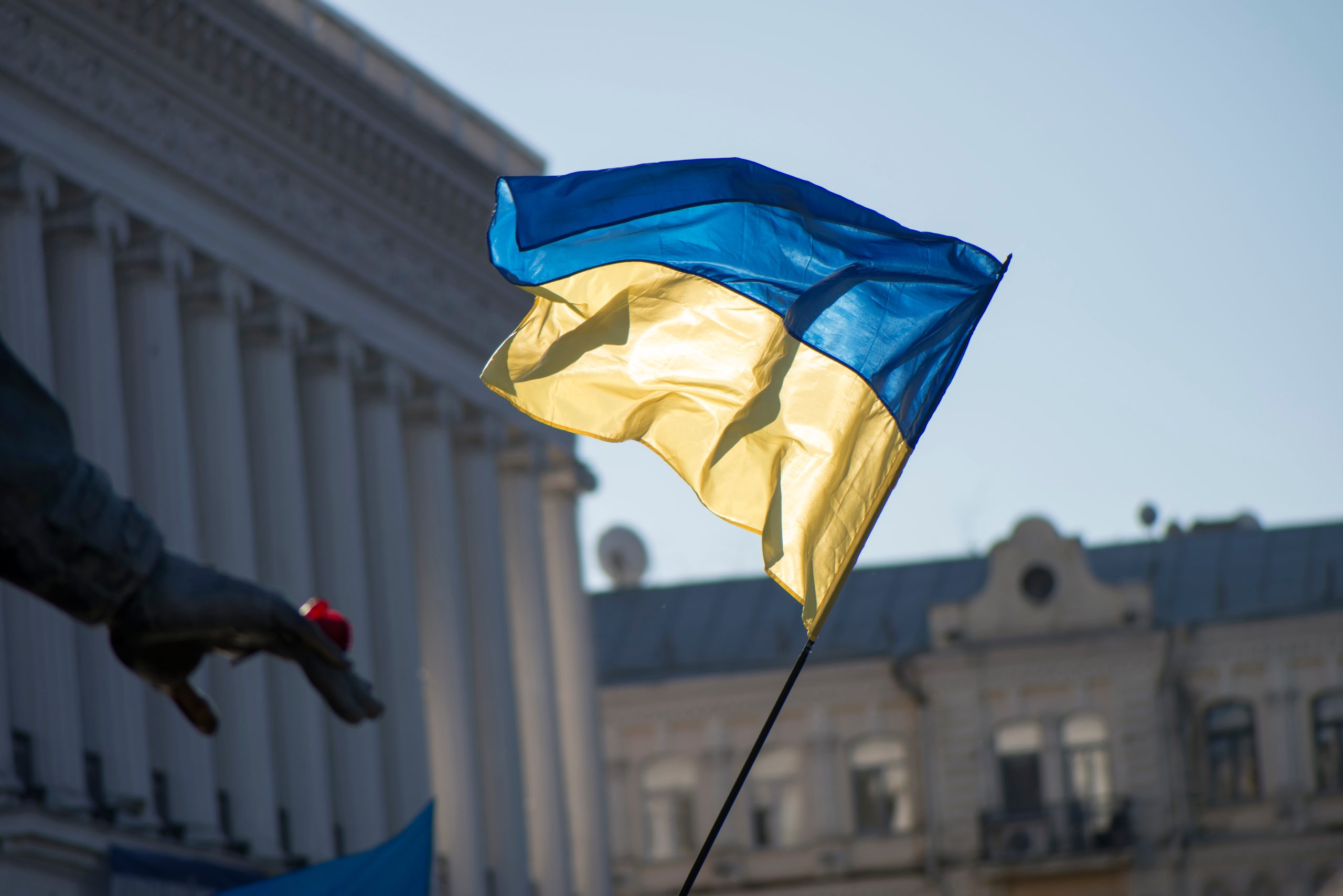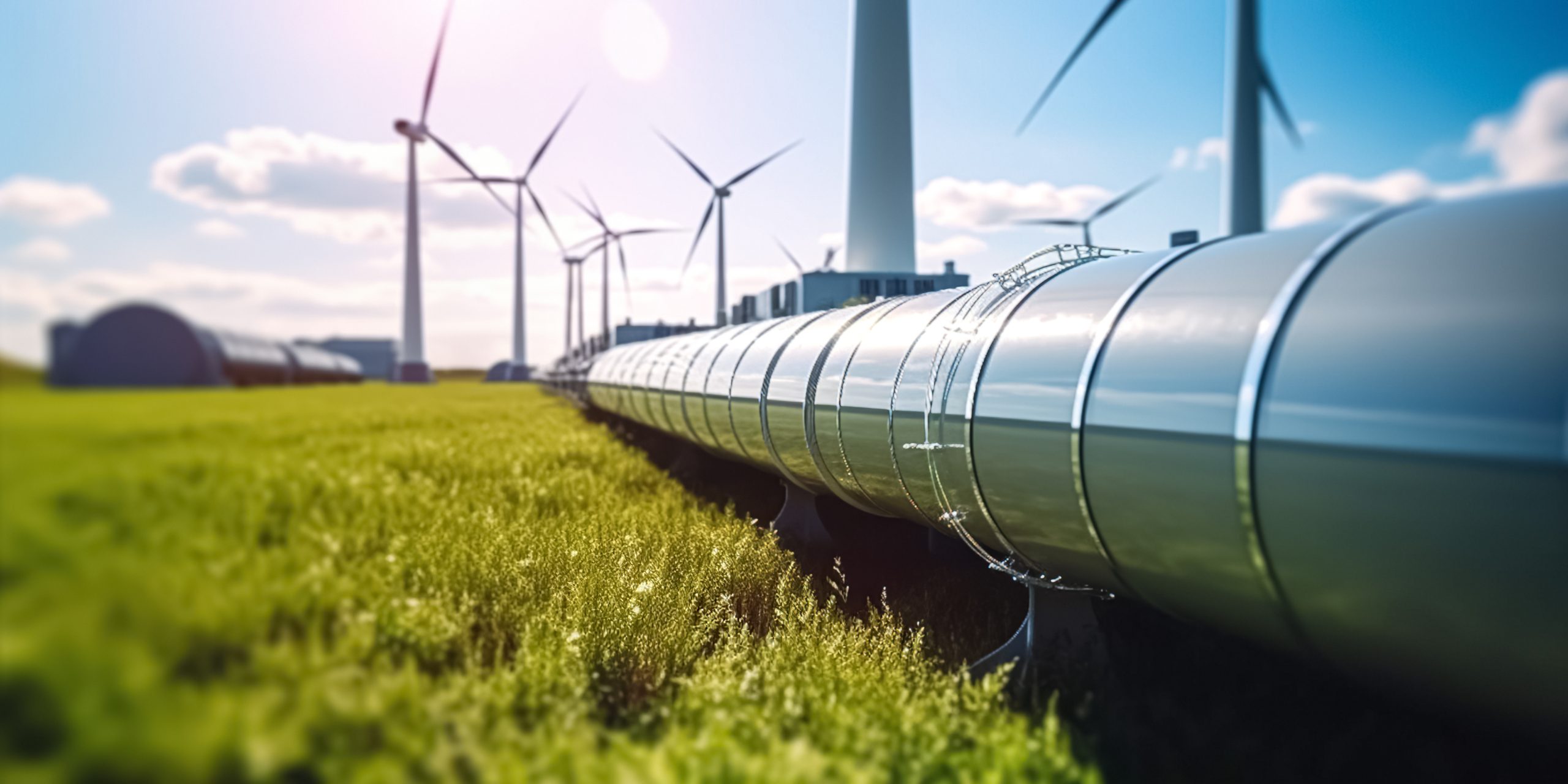European Investors in Readiness for Africa Energy Growth

More than 33 ministers and 100 high-level public sector officials from across Africa will travel to Spain for the 26th edition of the Africa Energy Forum (aef), 25-28 June, at the Fira de Montjuïc, Barcelona.
With Spain’s commitment of $2.3 billion in funding to South Africa and its recently announced support for green hydrogen projects in Mauritania, the country joins France, Germany, Italy, the EU and the UK as European nations step up their commitment to clean energy development in the African continent.
But is the private sector ready for the investment opportunities that could potentially double those commitments?
Renewable energy capacity in Africa has almost doubled in the last decade, but it’s not enough. A recent study from Climate Analytics indicates that Africa needs $100 billion a year in climate finance – five times current investment levels – to meet the renewable energy goals agreed at COP28.
The Role of The Private Sector In Developing Africa’s Green Hydrogen Potential
As investors from nearly 90 countries around the world prepare to arrive in Barcelona for aef24, Simon Gosling, EnergyNet, said,
“The private sector has already demonstrated its willingness to commit billions to projects, but projects still aren’t moving fast enough.
“It’s the industrialised nations that will be most affected if Africa cannot significantly increase its electrification rates and unlock the investment landscape that is inhibiting proven private sector players.
Energy Systems for the Future – Balancing Africa’s Needs with Global Goals’
“World food security, access to minerals, textiles, and industrial growth are critical to future economic growth, health, and sustainability. With Africa forecast to be home to a quarter of the world’s population under 25 years by 2050, red tape must be reduced, and projects must start happening at scale and pace.”
With Africa forecast to be home to a quarter of the world’s population under 25 years by 2050, red tape must be reduced, and projects must start happening at scale and pace
Public and private sector stakeholders will spend almost a full half-day together, behind closed doors, discussing the challenges both sides are facing. All attending ministers and Vice Presidents, as well as heads of utilities (national and municipal), regulatory bodies, DFIs, and private investors, will be in the room.
The new Corporate Leadership Roundtable will also give private sector developers and investors a platform to debate the opportunities and challenges they face in moving projects forward, sparking vital discussions before they meet with Ministers and utilities to establish an improved path for Africa’s energy sector.
This innovative format will create the most high-level sessions ever held at the Africa Energy Forum, where business leaders can spend exclusive, quality time with public sector counterparts.
Main Topics of the Meeting are as follows
Key topics on the agenda across the four days include the potential of hydrogen on the continent; grid management; energy storage and distribution; the future roles of gas and mining; advancing renewable energy projects, distributed power, and commercial and industrial (C&I) projects to accelerate universal access; navigating power markets; and Africa’s broader energy transition.
Among the nearly 2,500 delegates attending, an unprecedented number of ministers from across Africa will be in attendance, including ministers from Nigeria, Egypt, Sierra Leone, Kenya, Senegal, Ghana, Uganda, Zimbabwe, Malawi, Togo, Gabon, Central African Republic and Zambia.
As specialists in renewable energy with transformative projects in Nigeria and Angola, for the second consecutive year, we are proud to be the forum sponsor of this imperative event for Africa
Wale Shonibare, Director, Energy Finance Solutions, Policy & Regulations, African Development Bank (AfDB), added: “The African Development Bank’s participation at the Africa Energy Forum underscores our commitment to sustained dialogue, collaboration, and partnerships to transform the energy landscape across Africa.
“In Barcelona, the Bank will showcase initiatives aimed at innovating finance, delivering technical assistance, and mobilising investments to achieve universal access to modern, affordable, and reliable energy in Africa.”
As global stakeholders in energy, including the World Bank, Engie, Power Africa, and TotalEnergies, return to aef for 2024, they will be joined by new, significant partners such as Pele Green Energy and Juwi Renewable Energy, as the forum continues to expand its reach and influence year on year.
Byline Eric Maina

